Physical inactivity accounts for $3.9 billion of annual health care expenditures. Integrating SPAR into daily life boosts public health, improves physical and mental well-being, and reduces the economic burden of physical inactivity.
HEALTH IMPACT
Impact on Health Care System
SPAR leads to better health outcomes, reduces chronic diseases, and enhances Canadians’ longevity and quality of life. Investing in SPAR can ease financial and operational pressures on health care systems.
- Based on calculations, physical inactivity costs the health care system $3.9 billion per year. This includes treatment costs of certain chronic diseases and the economic impact of income loss due to early mortality.
- Engaging in SPAR lowers the risk of heart diseases, stroke, depression and type 2 diabetes, leading to substantial health care savings and improved productivity.
- 51% of Canadian adults and 72% of children and youth do not meet physical activity guidelines. A 10-percentage point decrease in physical inactivity across the population, could reduce health care spending by about $629 million per year.
- Costs related to seven chronic conditions could be reduced by 16% (from $3.5 billion to $2.9 billion).
- Costs relating to depression could be reduced by 17.3% (from $409 million to $338 million).
- 38% of Canadian adults have at least one chronic condition, and 13% have at least two, with hypertension and osteoarthritis being the most prevalent.
- Certain conditions like heart disease, diabetes, obesity, anxiety, and depression disproportionately affect equity-seeking populations, such as women, older adults, Indigenous persons, those with disabilities and individuals from the LGBTQ2S+ community.
Mental Wellbeing
Regular participation in SPAR activities can improve mental health and well-being, particularly for conditions like depression and anxiety. The sector’s offerings support healthier lifestyles and foster resilience against health challenges.
- Physical inactivity is a risk factor for mental illness. The cost associated with treating depression in Canada is approximately $409 million annually. A 10-percentage point decrease in physical inactivity can reduce this cost by 17.3%.
- SPAR has the potential to enhance cognitive function and overall mental health, crucial for quality of life and community prosperity.


